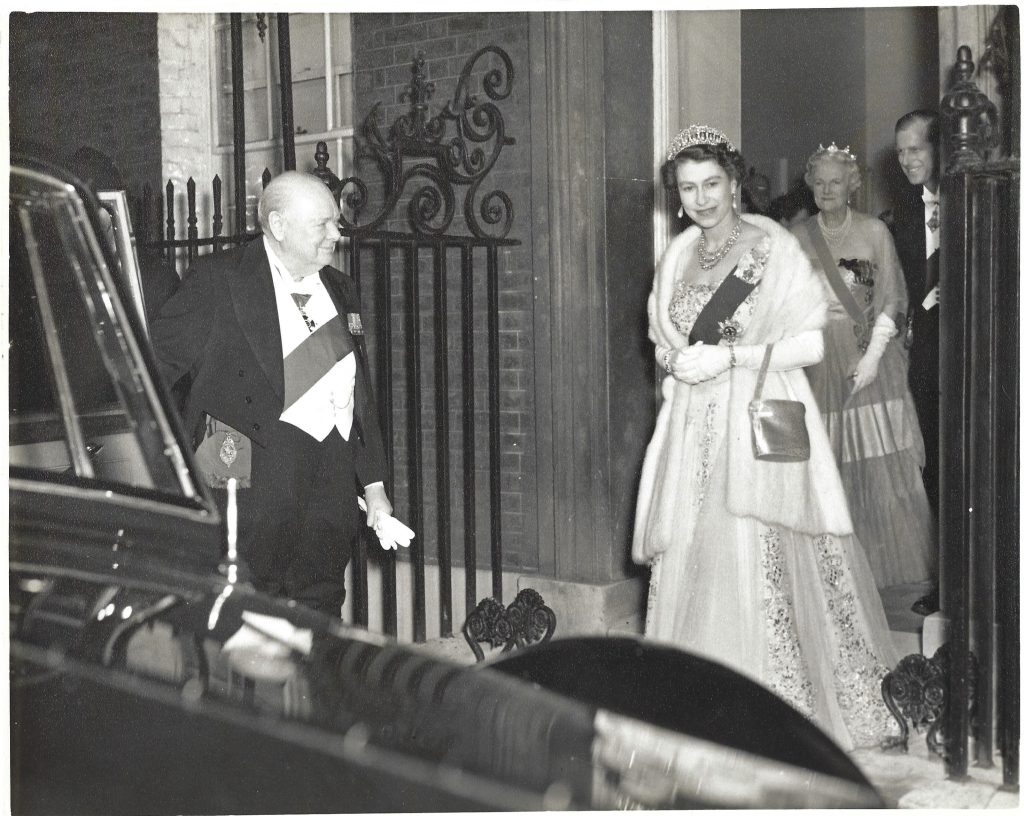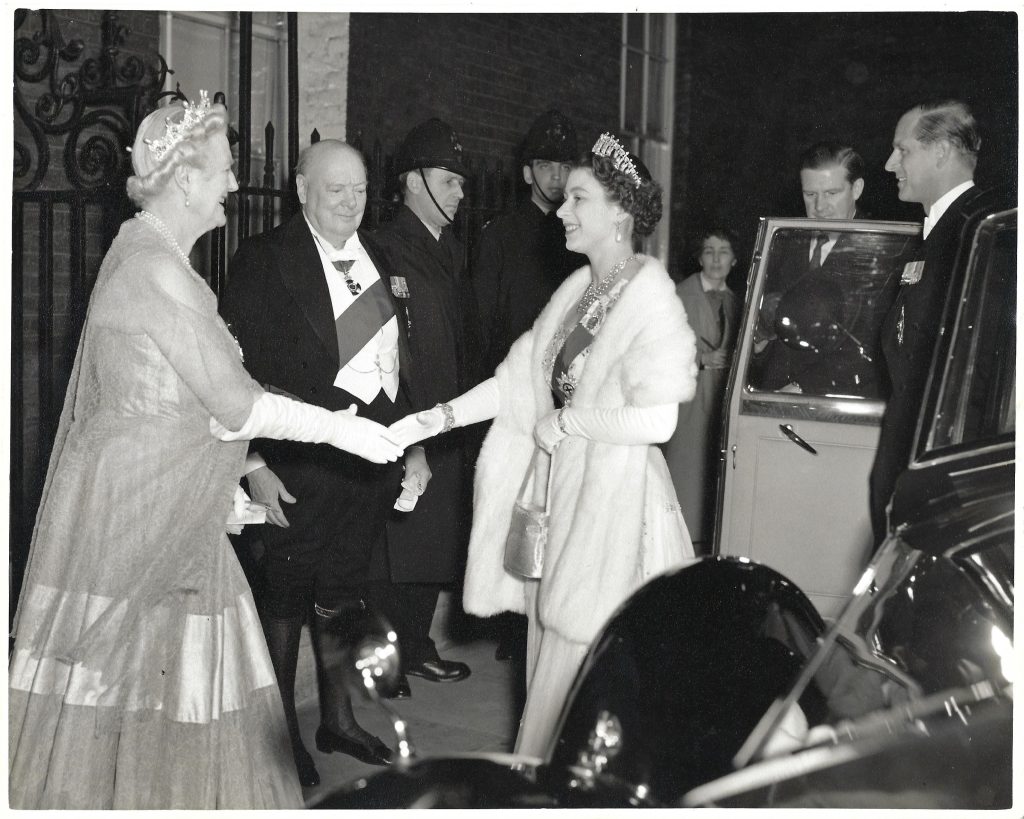As an American, I’m keenly aware I am American only because a bunch of fractious, chafing British colonists chose to rebel against monarchical British rule – a bloody, protracted struggle that took two wars spanning four decades to resolve. Thereafter, it took another two centuries for Great Britain and the United States to settle into what we now call the “Special Relationship”.
And yet.
Yesterday, the text I received repeatedly from my fellow Americans was: “The Queen is dead.” THE Queen. Here in my mature democratic republic (well, OK, sometimes mature), the British monarch merited a singular article. “The”, implying a personal, cultural, and political presence that transcended social, institutional, and, frankly, even logical barriers.
Much ink will spill in memory of Queen Elizabeth II. Anything I have to say will pale in both eloquence and significance. So I’m going to let Winston Churchill speak for me.
The 70-year reign of Queen Elizabeth II saw 15 British Prime Ministers. Her first was Winston S. Churchill. Perhaps the coincidence of the beginning of her long reign in the twilight of his own long moment on the world stage was unexpected, but the fact that Elizabeth would prove exceptional was anything but unexpected.
While shooting with Elizabeth’s father, King George V, in September 1928, Churchill remarked in a letter to his wife that the King’s granddaughter, Elizabeth – then two and a half – was, “a character. She has an air of authority and reflectiveness astonishing in an infant.” (Personal Letters of Winston and Clementine Churchill, p. 328) Of course he could not guess that the young princess, then third in line for the throne, would become his Queen and he her first Prime Minister. But Churchill continued to see early signs of promise in Elizabeth. During Churchill’s wartime premiership “In January 1944 he had proposed that when she became eighteen that April she should be given the title Elizabeth, Princess of Wales.”
When Elizabeth became Queen in February 1952, Churchill was less than four months into his second and final premiership. On the day of the Coronation Churchill gave a speech introducing the Royal Broadcast, “Here, at the summit of our world-wide community, is the lady who we respect because she is our Queen and whom we love because she is herself.” This was not mere dutiful hyperbole. “Churchill established an early and excellent rapport with the new monarch, with whom, as all his entourage immediately spotted, he became besotted.” (Roberts, Walking With Destiny, p.929-930)
The regard was mutual. It was Queen Elizabeth II who invested Churchill as a Knight Companion of the Most Noble Order of the Garter. The night before Churchill resigned his premiership, on 4 April 1955, Queen Elizabeth II and Prince Philip paid Churchill an unprecedented honor, dining with him at 10 Downing Street. Churchill’s after-dinner speech that evening was his last as Prime Minister. (Gilbert, VIII, p.1120) The notes from which he spoke read now as both commencement and valediction. “Your Royal Highness… I was a Cavalry Subaltern in the Reign of Your Majesty’s Great-great-Grandmother, Queen Victoria…. Madam, I should like to express the deep and lively sense of gratitude which we and all your peoples feel to you… for all the help and inspiration we receive in our daily lives… Never have we needed it more than in the anxious and darkling age through wh we are passing and which we hope to help the world to pass. Never have the august duties wh fall upon the British Monarchy been discharged with more devotion than in the brilliant opening of Your Majesty’s reign. We thank God… and vow ourselves anew to the sacred causes and wise and kindly way of life of wh Your Majesty is the young, gleaming champion.“
This Elizabeth, in whom so early Churchill recognized remarkable qualities, became “The Queen” to whom Churchill spoke these words more than 67 years ago. Her long life and reign will be celebrated, her loss mourned, and her like seems unlikely to be seen again.



